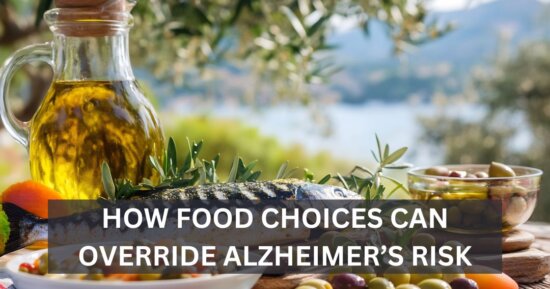Science
Kathryn C. Fitzgerald, MSc; Éilis J. O’Reilly, ScD; Guido J. Falcone, MD; Marjorie L. McCullough, ScD; Yikyung Park, ScD; Laurence N. Kolonel, MD, PhD; Alberto Ascherio, MD, DrPH
IMPORTANCE
Amyotrophic lateral sclerosis (ALS) is a severe progressive disease that cannot be prevented or cured. Diet-derived long-chain polyunsaturated fatty acids (PUFAs) are incorporated in brain lipids and modulate oxidative and inflammatory processes and could thus affect ALS risk and progression.
OBJECTIVE
To examine the association between ω-6 and ω-3 PUFA consumption and ALS risk.
DESIGN,SETTING,AND PARTICIPANTS
Longitudinal analyses based on 1002082 participants (479 114 women and 522 968 men) in 5 prospective cohorts: the National Institutes of Health–AARP Diet and Health Study, the Cancer Prevention Study II Nutrition Cohort, the Health Professionals Follow-up Study, the Multiethnic Cohort Study, and the Nurses’ Health Study. Diet was assessed via food frequency questionnaire developed or modified for each cohort. Participants were categorized into cohort-specific quintiles of intake of energy-adjusted dietary variables.
MAIN OUTCOMES AND MEASURES
Cohort-specific multivariable-adjusted risk ratios(RRs)of ALS incidence or death estimated by Cox proportional hazards regression and pooled using random-effects methods.
RESULTS
A total of 995 ALS cases were documented during the follow-up. A greater ω-3 PUFA intake was associated with a reduced risk for ALS. The pooled, multivariable-adjusted RR for the highest to the lowest quintile was 0.66 (95% CI, 0.53-0.81; P < .001 for trend). Consumption of both α-linolenic acid (RR, 0.73; 95% CI, 0.59-0.89; P = .003 for trend) and marine ω-3 PUFAs (RR, 0.84; 95% CI, 0.65-1.08; P = .03 for trend) contributed to this inverse association. Intakes of ω-6 PUFA were not associated with ALS risk.
CONCLUSIONS AND RELEVANCE
Consumption of foods high in ω-3 PUFAs may help prevent or delay the onset of ALS.












